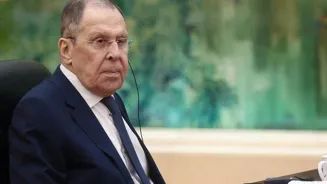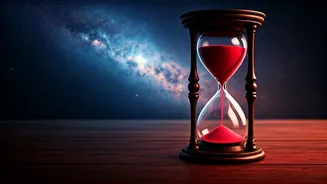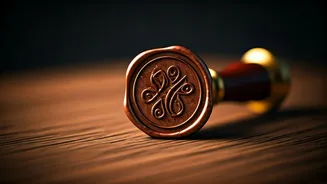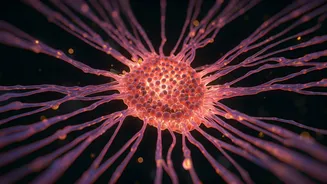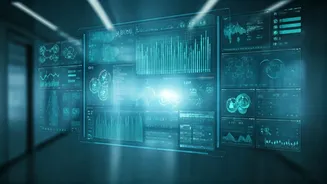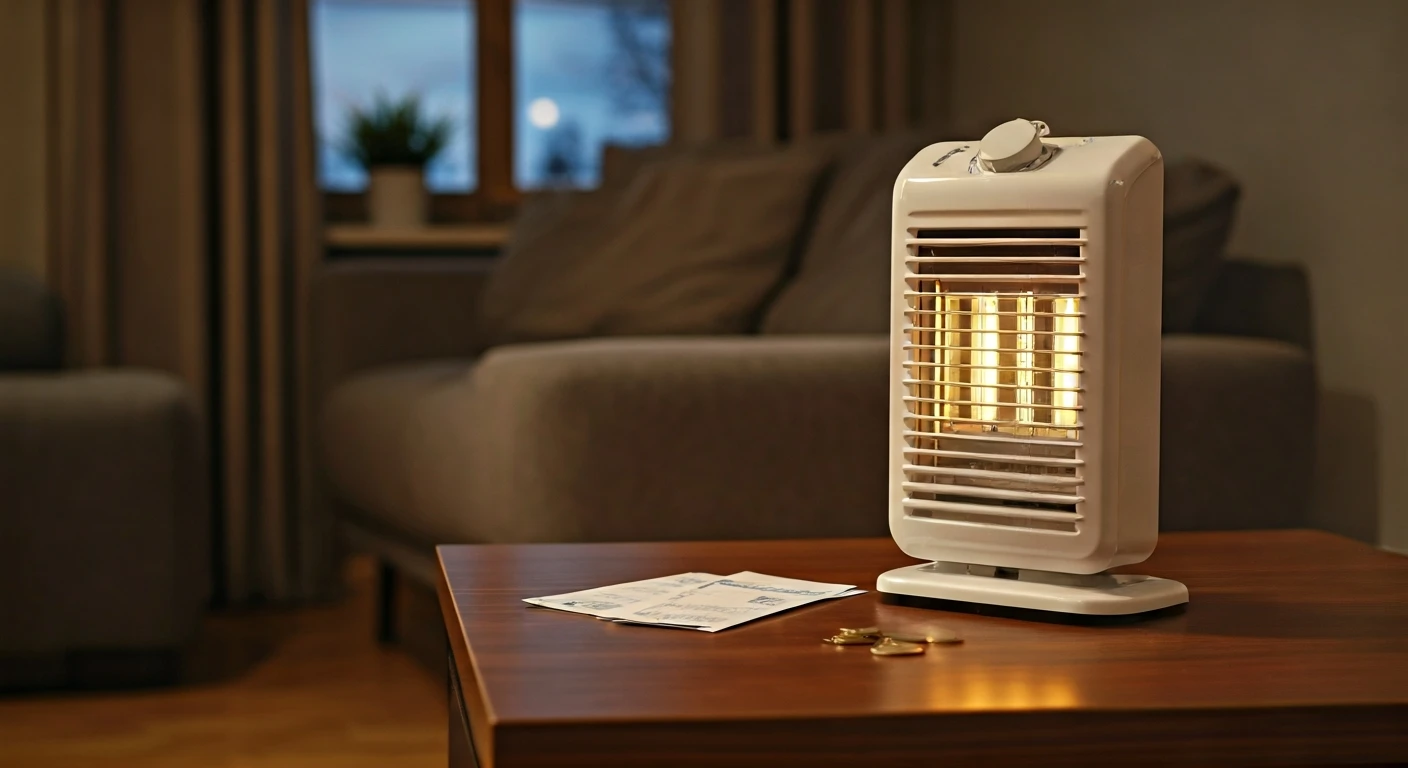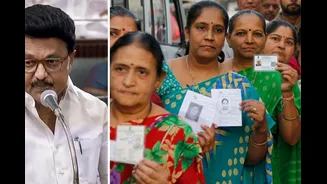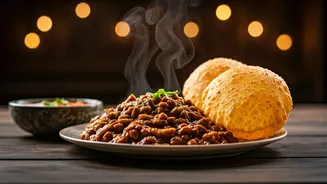Russian Foreign Minister Sergey Lavrov has dismissed the idea of forecasting the outcome of Friday’s high-stakes summit between Presidents Donald Trump and Vladimir Putin, saying Moscow prefers to stick
to facts rather than speculation.
Speaking after landing in Alaska ahead of the talks, Lavrov brushed off Trump’s earlier remark that there was a “25% chance” the summit could fail.
“We never make any predictions ahead of time,” Lavrov told Russian state television, while wearing what appeared to be a T-shirt with “USSR” emblazoned across the front.
Russia’s FM Lavrov dismissed making forecasts after Trump put ‘failure’ odds at 25% for the Alaska talks:
‘We know we have arguments and a clear, definite position. We will present it’
He said groundwork was laid by Trump’s envoy and hopes talks continue tomorrow https://t.co/qKoGpzG9CI pic.twitter.com/UmOLQ10OBi
— RT (@RT_com) August 15, 2025
“We know that we have our arguments and our position is clear and unambiguous. We will present it.”
Lavrov noted that groundwork for the meeting had already been laid during the recent visit by Trump’s envoy, Steve Witkoff, and said he hoped the conversation would continue. “Much has already been done during Steve Witkoff’s visit — the President said so himself. Witkoff spoke on behalf of President Trump.”
“I hope today — well, tomorrow — we will continue this very useful conversation,” Lavrov added.
Putin-Trump summit
The Putin-Trump summit, set to take place in Alaska on Friday, is seen as a critical moment for global diplomacy, with the potential to shape the future of the war in Ukraine and broader European security.
For Trump, the meeting offers an opportunity to demonstrate his self-proclaimed skills as a negotiator and peacemaker. He and his allies have long claimed he could bring the conflict to an end quickly — a promise he now has the chance to test.
For Putin, the summit provides a rare chance to negotiate directly with the US President on American soil. Moscow hopes to secure recognition of its territorial gains, block Ukraine’s NATO aspirations, and potentially draw Kyiv back into Russia’s sphere of influence.
The summit is not without controversy. By inviting Putin to the United States, Trump is offering the Russian leader a level of legitimacy that Western leaders have largely withheld since the invasion of Ukraine over three years ago.
Notably, Ukrainian President Volodymyr Zelenskyy was not invited to the summit, a move critics say undermines the West’s principle of “nothing about Ukraine without Ukraine.” Some fear Trump might strike a deal without Kyiv’s consent.
While Trump floated the idea of a second summit including Zelenskyy if Friday’s talks go well, the Kremlin has not agreed to such a meeting.
In an interview with Fox News Radio on Thursday, Trump acknowledged the challenges ahead, saying there was a “25% chance” the summit could fail. However, he expressed hope for a broad peace agreement, an outcome that echoes Moscow’s long-standing push for a deal that halts hostilities on its terms rather than a temporary ceasefire.
Putin, meanwhile, has resisted calls for a short-term truce, instead demanding a halt to Western military aid and a freeze on Ukraine’s mobilisation — conditions Kyiv and its allies have rejected.
(With inputs from agencies)
